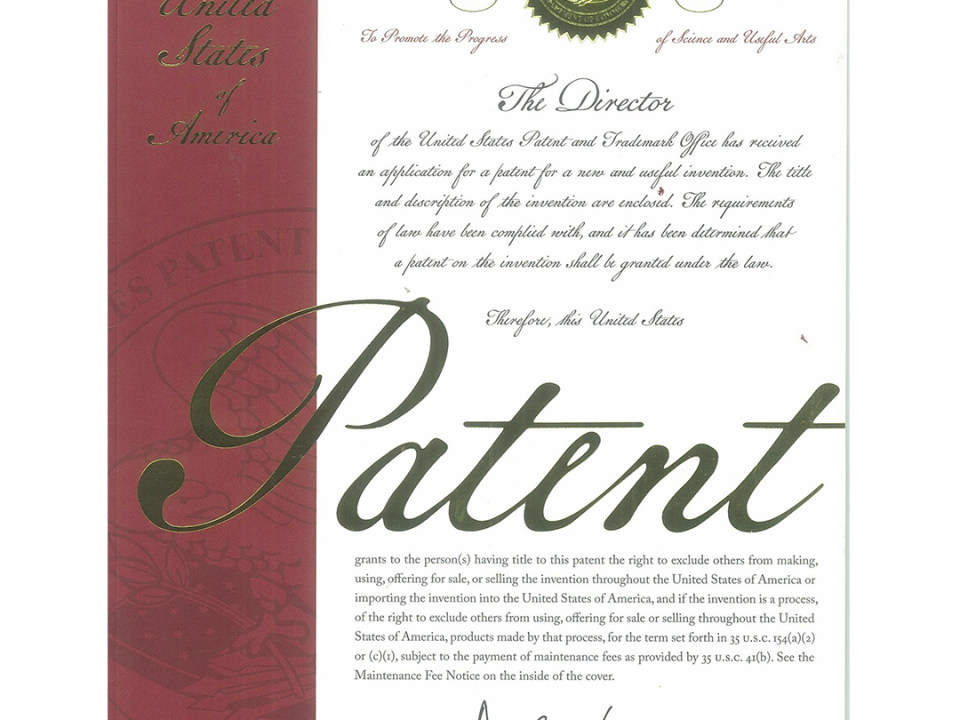Copyright Remedy Clarification Act (1990) Runs Aground on the 11th Amendment

On March 23, 2020, the U.S. Supreme Court unanimously held in Allen v. Cooper that North Carolina is immune from a copyright lawsuit filed by filmmaker Frederick Allen against North Carolina (Gov. Roy Cooper III).
Allen and his company Nautilus Productions had sued the state in 2015 after North Carolina continued to use Nautilus Productions’ footage of Black Beard’s ship Revenge, which had run aground off the state’s coastline in 1718.
The lower courts had ruled against Allen, and he appealed to the U.S. Supreme Court.
States Cannot Be Sued for Copyright Infringement
Allen had sued North Carolina under the Copyright Remedy Clarification Act passed by Congress in 1990. The Act had attempted to chip away at state sovereignty to allow infringement cases like Allen’s. Instead, the Supreme Court held that state sovereign immunity under the U.S. Constitution’s Eleventh Amendment trumped the 1990 law.
Justice Kagan, who wrote the Allen v. Cooper decision, commented that a 1999 case entitled Florida Prepaid v. College Savings Bank “prewrote our decision today.” This is because Florida Prepaid had previously struck down a similar law that would have allowed patent infringement lawsuits against states.
The importance of legal research and expertise in Intellectual Property Case Law is evident. If you are in need of legal expertise, we are here to help. For more information on litigation services offered by Thrive IP(R), please click here.








